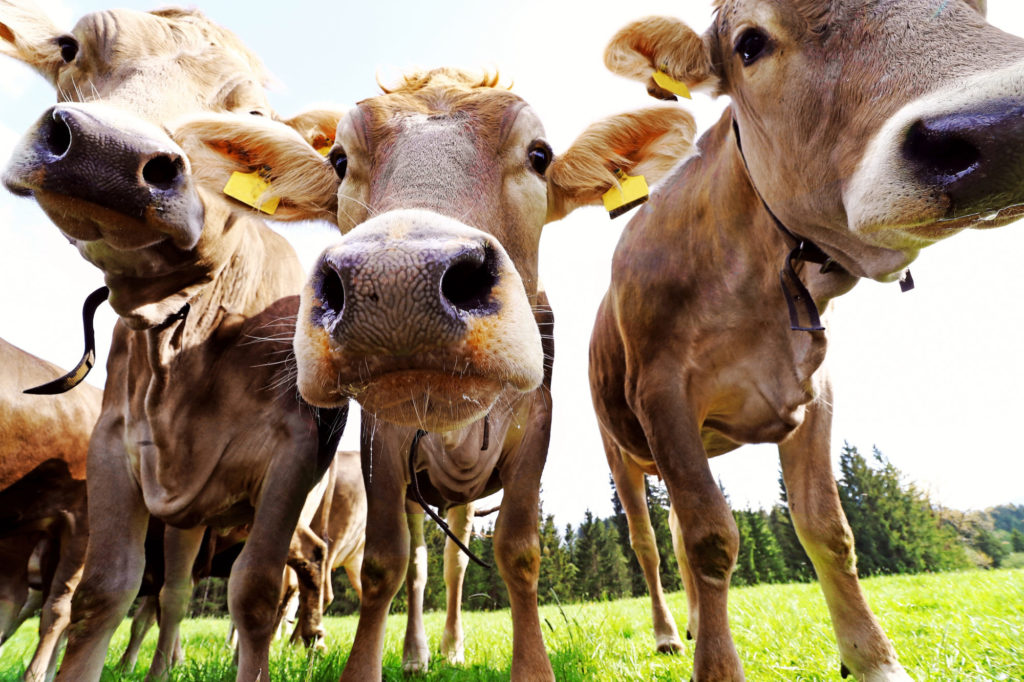One in four of us is opting to eat less meat with an additional 14% expressing a desire to reduce meat-eating habits sometime in the future. Predicted to grow by a fifth from 2016, the meat-free market is set to hit £660 million by 2021. With greater awareness and food knowledge, young people are driving the trend towards plant-based or vegan diets with nearly half of all vegans in the UK aged between 15 to 34.
So, why is meat getting such a raw deal and for what reasons are we moving towards a plant-based diet?






















